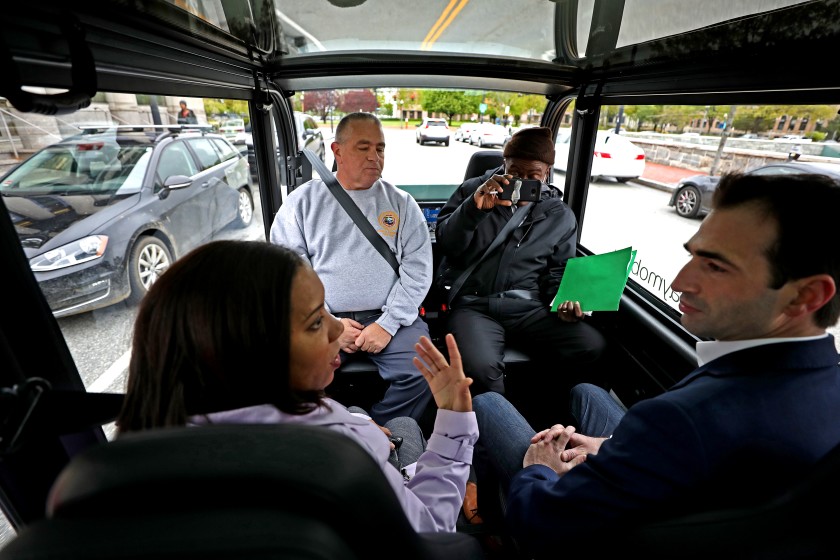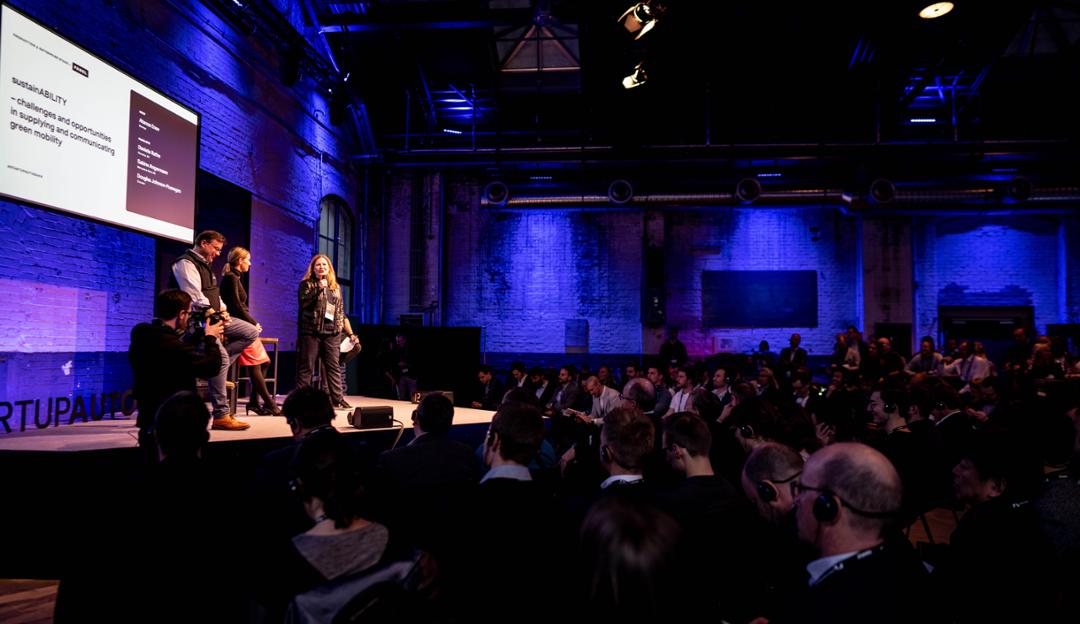Frank Witter, CFO of German carmaker Volkswagen addresses the media during the annual news conference at the Volkswagen plant in Wolfsburg, Germany March 12, 2019. REUTERS/Fabian Bimmer BERLIN (Reuters) – Volkswagen (VOWG_p.DE) finance chief Frank Witter will leave the German car group in the summer of 2021, business publication Manager Magazin reported on Thursday. Witter,… Continue reading Volkswagen CFO will leave in summer next year: Manager Magazin
Tag: VW
Nissan hopes people will pay $699 a month to swap cars on demand
Sponsored Links Roberto Baldwin / Engadget Over the last couple of years, we’ve seen automakers like Porsche and Cadillac try their hand at car subscription services, and now Nissan is doing the same. Starting in Houston, the Japanese automaker is testing its new Switch service, which allows you to swap Nissan vehicles through a mobile… Continue reading Nissan hopes people will pay $699 a month to swap cars on demand
@VW Group: Volkswagen and partner association agree new sales model for ID. family in Germany
Volkswagen and “Volkswagen und Audi Partnerverband” (Volkswagen and Audi partner association) have agreed a new sales model for the all-electric ID. family in Germany. A format similar to the agency model for major customers that has already proven its worth over many years will also apply for ID. models sold to private customers and small… Continue reading @VW Group: Volkswagen and partner association agree new sales model for ID. family in Germany
Renault shares fall after Moody’s cuts its debt to ‘junk’ status
PARIS (Reuters) – Renault’s (RENA.PA) shares fell on Wednesday after Moody’s cut its rating on the French carmaker’s debt to “junk” status, citing weaker profitability as the company restructures and grapples with falling demand. FILE PHOTO: The logo of French carmaker Renault is seen before the company’s 2019 annual results presentation at their headquarters in… Continue reading Renault shares fall after Moody’s cuts its debt to ‘junk’ status
A self-driving start-up pulls in rare revenues by keeping its ambitions low – Los Angeles Times
May Mobility Inc.’s boxy white-and-green self-driving shuttle pulls up to a damp corner in downtown Detroit. Its big doors swing out, revealing a safety driver and six seats that face each other. It’s more comfortable than a subway car or most buses, but not by much. The shuttle slips down a bus lane and stops… Continue reading A self-driving start-up pulls in rare revenues by keeping its ambitions low – Los Angeles Times
@VW Group: Porsche Consulting: three new offices and an innovation lab
The Porsche Newsroom is a service provided by the Porsche Communication for journalists, bloggers and the online community. © 2020 Dr. Ing. h.c. F. Porsche AG * Data determined in accordance with the measurement method required by law. Since 1 September 2017 certain new cars have been type approved in accordance with the Worldwide Harmonised Light… Continue reading @VW Group: Porsche Consulting: three new offices and an innovation lab
@VW Group: 5G in production: Audi and Ericsson take the next step together
Audi is taking the next step towards the production of the 5G: Together with the Swedish network provider Ericsson, Audi is presenting a new pilot project in human-robot interaction. One of the first case to be shown will be an automation application connected via 5G with a focus on personal safety. Using 5G in production… Continue reading @VW Group: 5G in production: Audi and Ericsson take the next step together
heycar acquires Honest John website from company administrators
Heycar has completed the acquisition of HonestJohn.co.uk just weeks after the consumer advice website slipped into administration due to “significant cash flow difficulties”. The online car buying marketplace said in a statement issued to AM this afternoon (February 18) that it hoped to cement its intention to “bring greater trust and transparency to the market”… Continue reading heycar acquires Honest John website from company administrators
@VW Group: Shaping up
The Porsche Newsroom is a service provided by the Porsche Communication for journalists, bloggers and the online community. © 2020 Dr. Ing. h.c. F. Porsche AG * Data determined in accordance with the measurement method required by law. Since 1 September 2017 certain new cars have been type approved in accordance with the Worldwide Harmonised Light… Continue reading @VW Group: Shaping up
@VW Group: Porsche extends partnership with innovation platform Startup Autobahn by three years
02/17/2020 Growing together: Interface between the Stuttgart sports car manufacturer and young technology groups is being expanded. The future is built on concrete: Stuttgart’s Kulturbetrieb Wagenhallen reminds us of Germany’s engineering heritage. It features high ceilings with large gates and solid grey concrete floors. A place where the past has long since been transformed into… Continue reading @VW Group: Porsche extends partnership with innovation platform Startup Autobahn by three years


